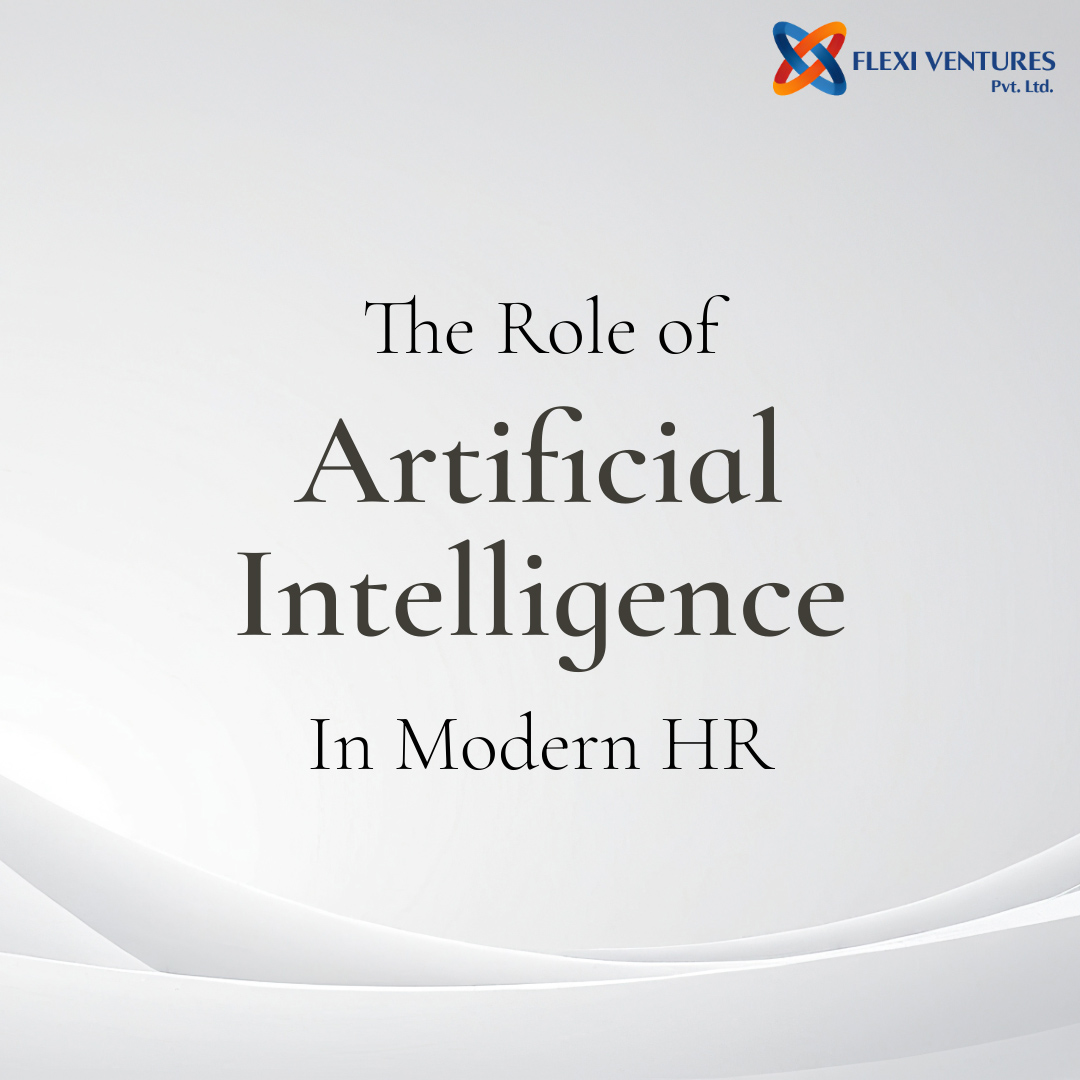AI has become a crucial component of human resource management in today’s business landscape. Companies are increasingly adopting AI-driven solutions to optimize their processes and make the most of their resources to stay competitive and efficient. From automated recruitment systems that pinpoint top talent to advanced training programs offering personalized content, AI is transforming HR departments worldwide.
By utilizing advanced technologies like machine learning and natural language processing, organizations can streamline their HR processes, enabling them to stay competitive in today’s fast-evolving business landscape.
AI is pivotal in enhancing human resource management by streamlining various processes, increasing efficiency, and fostering better workplace dynamics. Here are six ways AI impacts HR:
- Streamlining Recruitment and Selection: AI speeds up recruitment by identifying top candidates, analyzing resumes, and automating the screening process. It helps companies hire the most qualified candidates while reducing bias and errors.
- Onboarding: AI simplifies onboarding by automating administrative tasks like paperwork and training, allowing HR teams to focus on personalizing the onboarding experience for new hires.
- Learning and Development (L&D): AI delivers personalized learning experiences by tailoring content to individual employees’ needs, enhancing skill development, and providing feedback based on performance data.
- Performance Management: AI tracks employee performance in real-time, providing unbiased assessments and personalized feedback. It aids in setting goals and aligning employees with organizational objectives.
- Employee Engagement: AI-powered tools like chatbots and sentiment analysis improve communication, provide real-time feedback, and enhance engagement by offering personalized experiences.
- Employee Retention: AI helps identify potential career progression opportunities, offers insights into employee performance, and improves work-life balance by automating repetitive tasks, boosting job satisfaction and retention.
By integrating AI, organizations can enhance HR processes, increase productivity, and create a more engaging, supportive work environment.
What is the future of AI in human resource management?
According to research, by 2030, AI is projected to generate $13 trillion in global economic activity.
Richard Coombes, leader of HR transformation practices at Deloitte, predicts that AI will help reduce behavioral and perceptual biases in human interactions.
As AI technology advances, organizations can expect increased automation, personalization, and data-driven decision-making in human resource management. AI will continue to enhance HR processes such as job postings, candidate screening, and performance management, leading to more efficient hiring and talent management.
AI’s ability to provide real-time data and insights will empower HR professionals to make more informed decisions, improving overall workplace efficiency and employee experience. Additionally, new HR roles, like AI ethics officers, will emerge to ensure the ethical and fair use of AI algorithms. As AI becomes more integral to HR operations, these roles will be essential in safeguarding ethical practices and ensuring AI’s equitable application in the workforce.
When deploying AI in Human Resources, it is essential to approach it cautiously, just as with any other technology. Key factors to consider include:
- Reliable Data Sets: For AI to deliver successful outcomes, it requires accurate, real-time, and comprehensive data. Begin by gathering the necessary data, then define clear, outcome-driven goals.
- Proper AI Implementation: AI systems are different from traditional IT environments and require specialized skills and procedures for successful deployment. Ensure that the correct data sources are identified, cleaned, and curated for optimal results.
- Clear Understanding: It’s important to fully understand the patterns and insights AI will generate. There should be clarity on what data the AI is analyzing and how it will be used to drive decisions.
- Removing Bias: AI can deliver accurate and objective outcomes based on the data and logic provided. Ensure that your data is unbiased, as AI will follow the instructions it is given, but it will not make independent decisions.
By addressing these factors, AI can be effectively integrated into HR practices for better outcomes.
In conclusion, AI is rapidly reshaping human resource management, offering innovative solutions to streamline processes, enhance efficiency, and drive more informed decision-making. From recruitment to employee retention, AI empowers HR professionals to focus on strategic goals by automating routine tasks, personalizing employee experiences, and reducing bias in decision-making. As AI continues to evolve, its role in HR will expand, with new roles and responsibilities emerging to ensure ethical, transparent, and fair use of AI technology. By carefully considering data quality, implementation strategies, and potential biases, companies can harness the full potential of AI to create a more efficient, engaging, and forward-thinking workplace.

